Leading Fearlessly: Women: You don’t have to check all the boxes to be the perfect job candidate
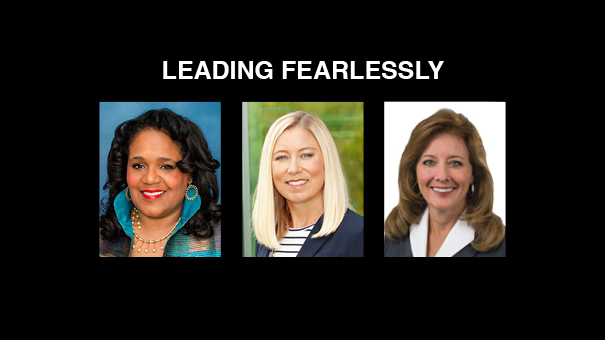
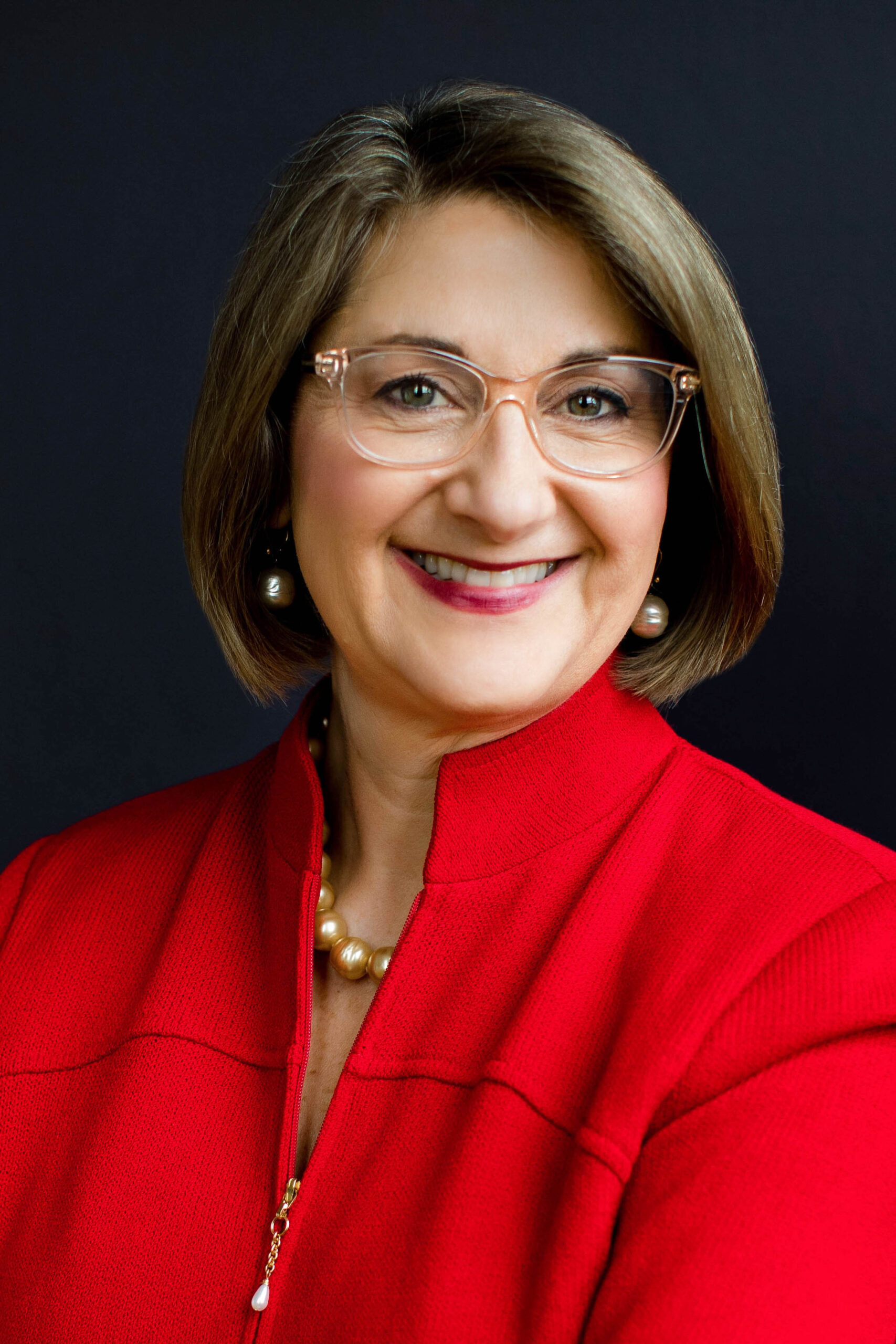
I once turned down a plum offer to start a new division at an investment firm. At the time, I didn’t think I had adequate experience to take on the challenge. Looking back, I wonder why I didn’t believe in myself, especially when the leaders who approached me believed I could do the job. I can now see that I sabotaged myself with self-doubt. They subsequently hired a guy who had less experience than I did, a fact that apparently did not deter him from the opportunity. Today, that business is worth billions.
I can kick myself now for feeling I wasn’t qualified to do that job, but unfortunately, this reaction is common among women. Research shows that we tend to let self-doubt get in our way when considering new roles.
“Talented women are more likely to shy away from applying for job opportunities, particularly more advanced, higher-paying positions, because they’re concerned they aren’t qualified enough, whereas men don’t seem to worry about their skills matching the specific job requirements as much,” said a study by Harvard Business School Associate Professor Katherine B. Coffman.
The inspiration for Coffman’s research was a commonly quoted statistic from a decade-old internal Hewlett Packard report that showed men apply for a job when they meet only 60% of the qualifications, whereas women apply only if they meet 100% of them. Subsequent research, like a more recent LinkedIn Gender Insights Report, still indicates that women apply for 20% fewer jobs than men despite similar job search behaviors.
Is this all a confidence issue for women to work on? Certainly, women can benefit from addressing and working through self-doubt when applying for new roles. We can turn to mentors for help and learn to navigate the interview process, asking more questions or for clarification along the way. But it shouldn’t all be on us.
Employers have a role to play as well. For employers seeking to broaden their applicant pool — especially for high-level positions — making some adjustments to the recruiting process can help. Knowing that some candidates might be hyper-literal, employers could consider steering clear of vague qualifications such as “several years experience in the industry” or “demonstrated excellence in the field,” and instead state the amount of experience and detailed skills required. Employers can also be proactive and work to recruit qualified female candidates rather than waiting for them to apply.
I turned to local leaders for their input on how to encourage women to apply for roles even when they don’t have every single qualification.
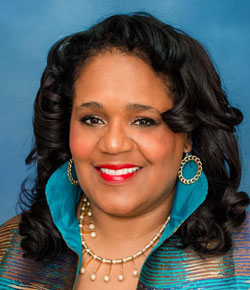
Renee Hardman, president and CEO, LSI
There is research that states that women are less likely to apply for roles when they do not meet every single qualification. Women often spend considerable time second-guessing themselves, particularly if they can’t check off all the boxes. From my executive level human resources experience, most candidates rarely do. I encourage women to write down two future career moves they desire to consider. Develop a checklist of everything those jobs require. Start positioning yourself to take advantage of every future opportunity that may lead to you fulfilling your aspirations. Learn to market your transferable skills that align with the job. You must be proactive and stay ahead of the game. Always take time to invest in your professional development, and most of all, find a mentor who may be several steps ahead of you. Try new things and get out of your comfort zone; that is when growth happens. And, lastly, always believe: You are enough.
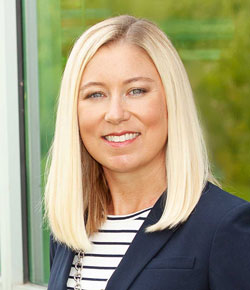
Ashlee Vieregger, senior lead adviser, Foster Group
Model it! Tell your own “60% story” and engage proactively, especially with women in the early phase of their careers. My career in financial advising began with an “out-of-left-field” job application where I had few job-related qualifications but a strong education and a willingness to learn. I was afraid that my lack of experience would hold me back — but on the flipside, it was easy to train me because everything was new and I had nothing to un-learn!
If you’re searching for your next role, embrace that you have absolutely nothing to lose by applying for something outside your exact skills or experience. Even if you don’t get offered the position, don’t be shy — ask the hiring manager if there are other open roles that could be a better fit for your skills and experience. We recently hired a candidate this way!
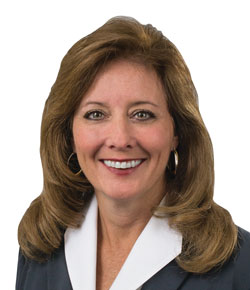
Therese M. Wielage, chief marketing and communications officer, Merchants Bonding Co.
To encourage women to apply for roles even if they don’t meet every qualification, I would ask them to start with “Yes, I can,” and emphasize the value of their transferable skills and potential for growth. Roles are rarely filled by candidates who check every box, but society has pushed women to be overly critical of themselves and prized self-deprecation for women while prizing self-recognition for men. To start from a place of “Yes,” I advise women to reflect on past roles, examining how they successfully took on new challenges or responsibilities they had never encountered. This highlights their competencies in problem-solving, learning agility and resourcefulness. A woman’s ingenuity is more valuable than meeting specific qualifications. Listing your competencies can give you the joy of that ah-ha moment when you realize all of your capabilities and build your confidence to say: “Yes, I can.”

